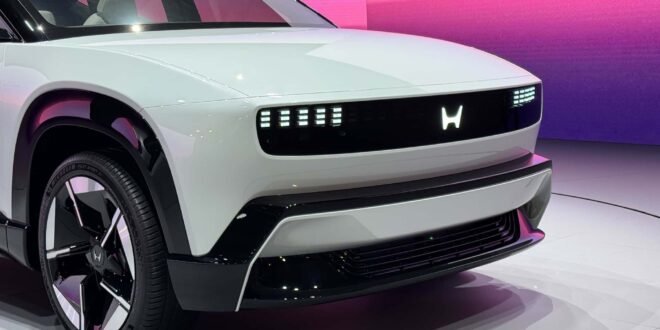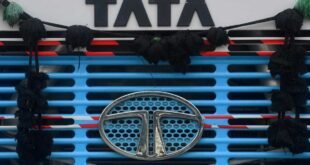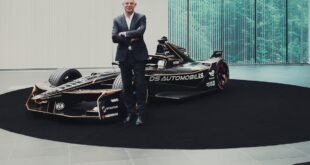Honda’s Shift from Electric Vehicles to Hybrid Development
Japanese automaker Honda is reportedly making significant changes to its strategy, cutting $20 billion from its electric vehicle (EV) development budget and redirecting funds toward hybrid technology. This shift marks a major departure from the company’s previous plans, which included launching seven new EVs by 2030.
One of the most notable changes is the cancellation of Honda’s 2027 large electric SUV. This model was intended to be a competitor to the Kia EV9 and was part of a broader plan to introduce multiple EVs in the coming years. However, according to reports from unnamed insiders, this project has been scrapped. The decision comes amid a broader move by Honda to reduce its investment in pure electric vehicles and focus more on hybrids.
The change in direction is attributed to several factors, including the recent expiration of the U.S. federal EV tax credit. This policy shift, which came into effect after President Donald Trump signed his “Big Beautiful Bill” into law, has had a significant impact on the EV market. The loss of the $7,500 tax credit is expected to dampen demand for electric vehicles in the United States, prompting manufacturers like Honda to reassess their strategies.
In addition to the tax credit issue, there has been a general slowdown in EV demand. This has led Honda to slow down its plans for additional models, such as the larger three-row SUV. Instead, the company is focusing on bringing its 0 Series Saloon and 0 Series SUV to market. These models are seen as more viable options given the current market conditions.
Honda is not alone in this shift. Other major automakers, including Ford, have also canceled or delayed their plans for large electric SUVs. Ford initially planned to launch a three-row electric SUV with a 350-mile range but later decided to abandon the project altogether. Like Honda, Ford has redirected its resources toward hybrid vehicle development.
The broader trend suggests that combustion engines may remain a significant part of the automotive landscape for longer than previously anticipated. In the U.S., the anti-EV movement has gained momentum, with the Trump administration taking steps to abolish California’s Zero Emission Vehicle (ZEV) mandate. This mandate aimed to phase out the sale of pure combustion-powered vehicles by 2035. California and ten other states are currently suing the federal government over this move.
Despite the challenges, some consumers still see value in electric vehicles. However, many are opting for more affordable hybrid alternatives. A midsize hybrid crossover can often perform the same tasks as a high-end electric SUV at a fraction of the cost. Additionally, the widespread availability of gas stations makes hybrids an attractive option for drivers concerned about range anxiety.
Honda currently only sells one EV in the United States—the Prologue, which is manufactured by General Motors. While the company has previewed two striking EV concepts, it remains to be seen whether these models will gain popularity. Their unconventional designs could help them stand out in a competitive market.
Overall, the automotive industry is navigating a complex landscape shaped by shifting policies, evolving consumer preferences, and economic pressures. As companies like Honda adjust their strategies, the future of electric and hybrid vehicles remains uncertain but full of potential.
 Info Malang Raya Its All About World News
Info Malang Raya Its All About World News



